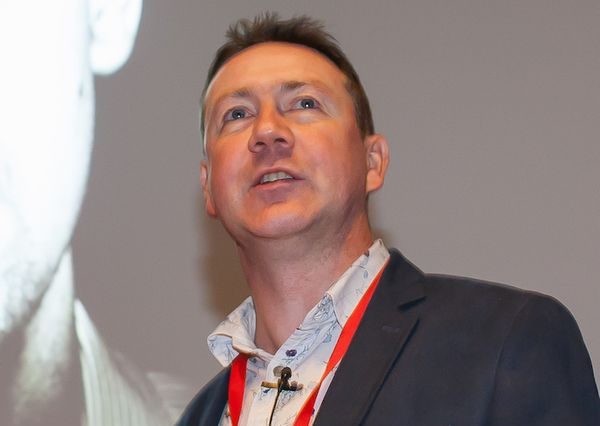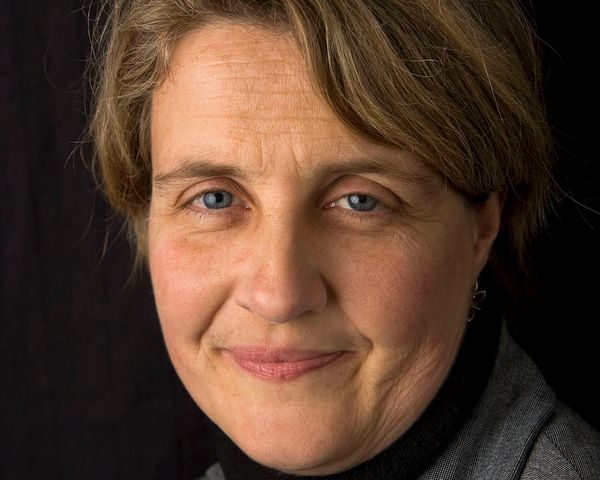
How to adapt to the age of consent
September 26, 2016Long-term strategic investment in life science research is urgently needed, says Astrid von Soosten of the European Molecular Biology Laboratory, and this is increasingly being supported and driven through the development of new alliances between the life sciences, philanthropists and charitable foundations.
As the years go by and the world’s problems don’t subside, more and more foundations and philanthropists are realising that, while it is important to help people and animals in need, some long-term strategic investment in life science research is urgently needed.
This is being realised on both sides of the Atlantic and it is not accidental that in April 2016 the European Molecular Biology Laboratory (EMBL) hosted the first European Conference of Life Science Funders and Foundations and – emulating the idea – only a few weeks later the Salk Institute in San Diego hosted the Breakthrough Biomedical Philanthropy conference.
Following a similar line of thought six large US foundations created the Science Philanthropy Alliance with the intention of generating more philanthropic momentum for fundamental research. Coincidentally, the vast distance between fundamental and applied research in the life sciences is shrinking with the rapid development of precision medicine.
With the advent of Big Data, Cloud-Computing, genome sequencing, imaging technologies, 3-D-printing of organs and crowd sourcing, life science research is advancing into realms that until very recently were considered entirely beyond our reach.
Fighting some of the most world’s pressing problems is becoming a united effort between scientists, lay researchers and companies with massive amounts of data now being made available on platforms such as the EMBL-EBI biological database.
New technologies developed by researchers such as Stefan Hell (Nobel prize in Chemistry 2014) or Emanuelle Charpentier (genome editing) put European life science research at the international forefront of breakthrough science.
To finance the progress that could derive from such breakthroughs and to stabilise the quality of life for the growing and long-living world population, a concerted effort from philanthropists, social entrepreneurs, for profit investors and business is needed to augment government investment in this field. Last – but by no means least – it requires a better informed public that understands and supports the positive impact that life science research can have on the lives of humankind.
The European Conference of Life Science Funders and Foundations – co-organised by the Wellcome Trust, Volkswagenstiftung and the EMBL – is intended to accelerate progress here. The event brought together fundamental researchers, system biologists, bio-ethicists, a non-profit watchdog, private supporters, large science foundations as well as social business people and for-profit investors. It was such a success that a second conference has already been planned for 2018.
Attendees all agreed that in order for life science research to flourish, prejudices in the area need to be diminished, so that more people will understand the opportunities in this field and how every person can contribute to making this world a better place.
About Astrid
Astrid von Soosten is responsible for philanthropic income and fundraising at EMBL. Her 20 years of fundraising experience cover the entire spectrum of education. In her previous post she served as Senior Director of Development at the University of California, Santa Cruz.
Originally from Germany, she aims to use her significant expertise gained working for organisations on both sides of the Atlantic to grow the culture of giving in Europe, adapting the US example.




